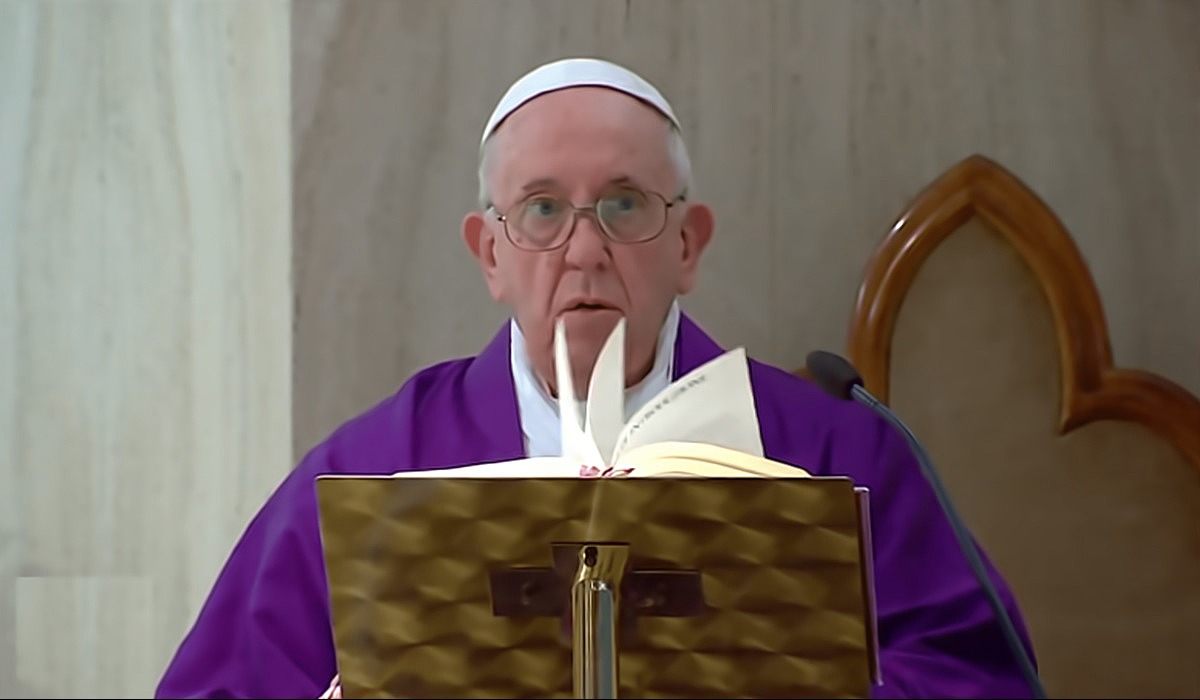Pope Francis Calls for Peace in the Holy Land: The Paradox of Religion and Conflict
- Naomi Dela Cruz
- Trending
- November 6, 2023

In today’s world, religion, with its diverse beliefs and deep-rooted ideologies, plays a pivotal role in shaping global narratives. The call for peace in the Holy Land by Pope Francis, alongside similar appeals from leaders of various faiths, including Islam and Judaism, brings to light a significant and recurring challenge: despite the religious core values of compassion and love, it is undeniable that religion has also been entwined with numerous global conflicts throughout history.
Pope Francis recently delivered a heartfelt plea for peace in the Holy Land, underscoring the impact of ongoing conflicts on the lives of children. He stated, “May we think about the children, all the children involved in this war, as well as in Ukraine and other conflicts: we are killing their future in this way.” His words reflect a shared sentiment among leaders of different faiths, who consistently call for an end to violence and conflict. However, the recurring pattern is that these impassioned appeals often go unheeded.
At its essence, faith serves as a beacon of peace, morality, and guidance, highlighting values like compassion, kindness, and empathy. Nonetheless, the complexity arises from the historical reality that it has often been a driving force behind global conflicts. The question at the heart of this issue is whether faith inherently promotes peace or if it’s the interpretation and manipulation of its tenets that contribute to conflict.
One vital aspect of this dilemma is acknowledging that religious texts and histories were authored by humans unless proven otherwise. The human element in creating religious doctrines introduces the potential for interpretation, bias, and exploitation. This human involvement has led to various individuals and groups selectively interpreting religious texts to support their agendas, at times employing religion as a pretext for violence. This raises the fundamental query: Can a person’s beliefs genuinely be a source of peace when its texts and teachings can be contorted to fit a variety of narratives, including those that incite conflict?
The juxtaposition of religious leaders’ calls for peace and the perpetuation of conflict underscores a poignant societal question. Many individuals worldwide turn to their faith for guidance, protection, and moral values. They pray daily for peace, security, and prosperity. The apparent dissonance arises when religious leaders, often regarded as spiritual authorities and moral guides, call for an end to warfare and violence. Still, their pleas often fall on deaf ears. This triggers profound introspection regarding the authenticity of religious convictions and the willingness of adherents to align their actions with the teachings of their faith.
The rejection of religious leaders’ pleas for peace in the Holy Land and other conflicts accentuates the intricate relationship between faith and global peace. This enigma challenges the perception of whether religion genuinely promotes peace or if it is, at times, a veneer concealing deeper motives such as power, territorial disputes, or resource allocation.
It’s crucial to remember that religion is not inherently divisive. While it has been historically associated with conflict, it has also been a source of tremendous good, fostering understanding, compassion, and humanitarian efforts. The messages of peace from religious leaders like Pope Francis should not be disregarded but embraced as an opportunity for unity and reconciliation.








